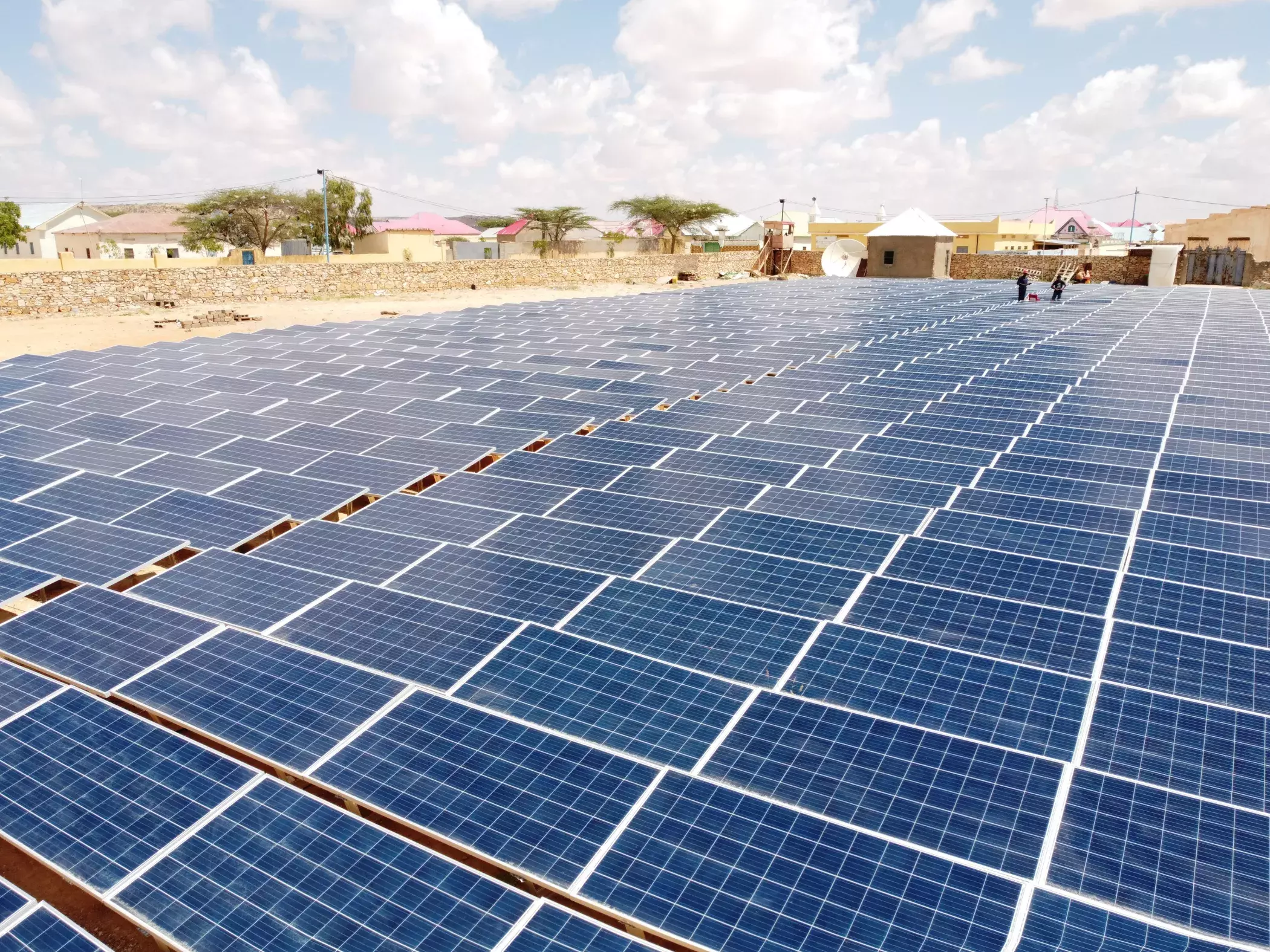Three ways for policy makers to enable energy access for development in Africa

By Aoife Brophy & Philipp A Trotter
There is an estimated 3 trillion USD per annum investment gap to help low-income countries reach the sustainable development goals. In Africa, much faith has been placed in the private sector by development banks and governments to make up this shortfall, especially in the energy sector. And it’s easy to see why: Private energy sector investments have increased more than 5-fold in the last ten years.
The total funding raised by start-ups in Africa was just 55 million USD in 2015. In 2021, that number grew to $4.4 billion. And it took only the first 7 weeks in 2022 to hit the $1 billion mark.
The trajectory is clear. However, unless policymakers encourage the right kinds of business models to flourish, private sector growth will not necessarily translate into progress for sustainable and low-carbon development.
Over the last 5 years we have been studying innovative business models in the off-grid energy sector in six sub-Saharan African countries, where approximately 60% of the population still lacks access to electricity. As COP27's focus turns to African energy, our research reveals vital lessons for policymakers.
Focus on energy services, not energy access
Sustainable Development Goal 7 aims to ensure modern energy access for all by 2030. However, energy access in a vacuum has no tangible impact for sustainable development. Rather, it is the services enabled through energy access that make a difference for households, productive value chains, health centres and schools.
When conducting our research, what stood out for us were the companies who were pushing the boundaries of what it means to innovate for sustainable development. The most innovative companies didn’t just sell units of energy, but invested in assets to actively provide energy services which enable communities to develop. For instance, farmers have been limited in their ability to harvest and process their produce because of the lack of electricity. Providing electrified machinery and agro-processing facilities linked to mini-grids gives them the opportunity to generate more income for themselves and for the wider community.
Another example: many fishing communities lack access to refrigeration. Selling ice to fishers, produced through electricity from a solar mini-grid, opens the possibility for the lifetime of fish to be extended and for the power of fishers in the market to grow. In both examples, businesses end up creating more value and more revenue per unit compared to merely selling electricity.
Balance short-term incentives with long-term ambitions
Financial support for start-ups is critical to try out innovations early on. However, when we talked to off-grid companies, a striking pattern emerged: Businesses that were heavily subsidised tended to have a shorter-term focus, and gave less thought to the broader societal impact of their business. Whereas companies that also had navigate additional constraints – for instance, a cap on how much they can charge customers – were pushed to innovate the way they created value long-term.
As one business owner told us when thinking about long-term impact of the sector: “I don't think subsidies make sense because if [the sector] is going to rely on subsidies it's not going to be scalable… For us, it's just about becoming more creative…”.
Thus, there is a need to both support off-grid companies early on to allow them to experiment with innovative business models, as well as create financial, educational and regulatory structures that allow those models to be self-sustaining eventually and achieve desirable long-term societal impact at scale.
Take a broader view
The very essence of the innovative business models we witnessed was overcoming siloed thinking of solely being an energy provider, and finding creative ways that capture value at the systems level. As a result, local businesses can thrive, the energy company adds value streams, and the surrounding community benefits through both productive and social uses of energy becoming more affordable. This focus on thriving local ecosystems should be central to an Africa-led push towards energy-enabled sustainable development.
To break out of siloed thinking, policy makers themselves can open up teams, bring in people from other departments, and measure successes with wider metrics. For instance: if a policy team is assigned the task of creating energy access, don’t just measure the electrification rate, measure the wider impact - on jobs, income, living standards, and so on. Taking a broader view will help to spur innovative thinking and outcomes with broader benefits to society and nature.


